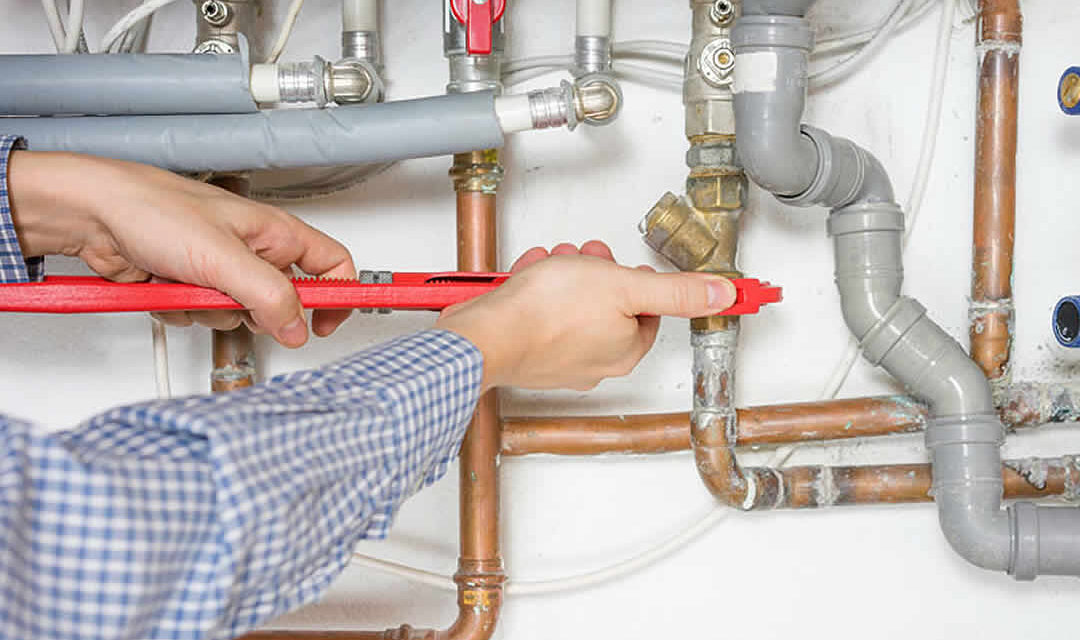In the quest for a more sustainable lifestyle, many people are turning to homesteading and self-sustainability. An essential component to achieving this goal lies in implementing effective and efficient plumbing systems. According to a United Nations report, about 30% of clean water used daily across the world is for toilet flushing. This highlights the need for solutions that go beyond traditional plumbing systems. This blog aims to offer insightful guidance on how you can maximize your homestead through efficient plumbing systems for sustainable living.
The Value of Water Efficiency
Beyond environmental responsibility, setting up an effective water system at your homestead brings significant savings on utilities. Statistics show that an average American family can save up to $170 annually through efficient use of water resources. On a homestead, where usage might be higher than average due to farming and animal rearing, the savings might be even more significant.
Enhancing Water Efficiency With Low-Flow Fixtures
In your journey towards creating a sustainable living environment, consider replacing existing fixtures with low-flow options like showerheads, faucets, and toilets. These will curb unnecessary water consumption, which can be monumental when considering that an average person uses around 100 gallons of water per day.
Collecting Rainwater
Rainwater harvesting is a fundamental strategy you should apply for sustainable plumbing. Collecting, storing, and using rainwater reduces your dependence on municipal supplies. Furthermore, it reduces the strain on these supplies and allows for their diversion to other urgent needs like firefighting.
Greywater Systems
Consider installing greywater systems that recycle water from your washing machine, shower, and sink for reuse in flushing toilets or watering plants. It is essential as it offers you an opportunity to save a considerable amount of water.
Solar Water Heaters
Since traditional water heaters consume substantial electricity, solar water heaters can be a game-changer. By harnessing the sun’s energy, these systems heat water for your household use, reducing your overall dependency on artificially generated power.
On-Demand Hot Water Recirculation Pumps
These pumps save both water and energy by providing hot water only when it is needed. They eliminate the waste that comes from leaving the tap open waiting for warm water, which contributes to about 10,000 gallons of wasted water annually in an average home.
Eco-Friendly Septic Systems
An efficient septic system plays a crucial role in sustainable plumbing. Biochemical septic systems are eco-friendly options that treat wastewater naturally, stopping harmful chemicals from entering the environment. Additionally, they need less maintenance compared to traditional septic systems.
Incorporating Drought-Tolerant Landscaping
Applying drought-tolerant landscaping reduces your total outdoor water use. By choosing native plants that require less watering and incorporating mulching, you can significantly cut down on unnecessary water waste.
Preventive Maintenance
Conducting regular checks of your plumbing system helps catch and address issues such as leaks early before they escalate into more significant problems. It’s estimated that 10% of homes have leaks that waste 90 gallons or more per day. Therefore, preventive maintenance offers substantial water and cost-saving opportunities.
Educating Your Household
Everyone in your homestead should understand why and how to save water. Implementing technological solutions alone may not achieve desired results unless everyone embraces them and appreciates their role in preserving this crucial resource.
Working With Professionals
While it can be rewarding and cost-saving to do it yourself, certain complex installations and repairs are better left to professionals. They will not only ensure the correct installation but also guide you on the best maintenance practices for your sustainable plumbing system.
Future Sustainable Plumbing Options
The world of sustainable plumbing is continually evolving. Keep an eye on emerging technologies and trends that promise increased efficiency and conservation. By staying informed, you can make the most of these advancements as they become available.
Sustainable Living: The Ultimate Goal
Your drive towards a more sustainable homestead will be a journey rather than a destination. However, each step you take towards efficient plumbing systems brings you closer to self-sustainability. By making these changes, you actively contribute to water conservation, promote ecological health, and save on expenditure.
Smart Choices
The right choices in water and plumbing systems enable you not only to sustain your homestead but also reduce your ecological footprint for successive generations. It’s about creating a habitable world while ensuring your every day needs are met in an efficient manner.






